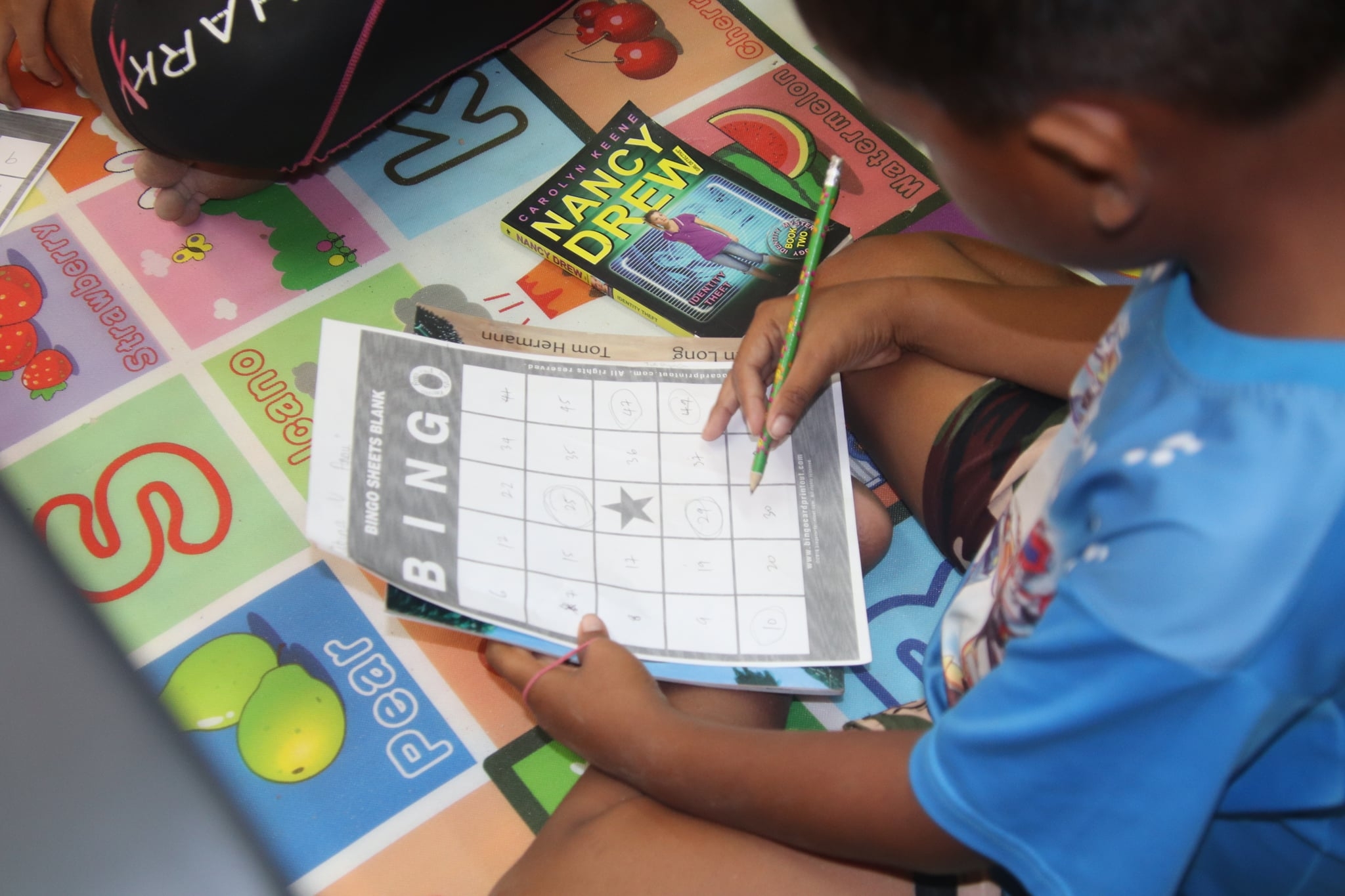On any given weekday afternoon, the small Tuvalu National Library and Archive building on Funafuti is a hive of activity. Under the leadership of Chief Librarian and Archivist, Noa Petueli Tapumanaia, the library offers a range of interactive programs for children. On the busiest days, they are so popular that children have to wait their turn to enter the 10-by-12-metre room for storytelling, grammar and spelling exercises, numeracy games, videos and other activities.
Tapumanaia introduced the activities in response to the need he saw to improve literacy in Tuvaluan children.
In . . .
Please Subscribe to view full content...
